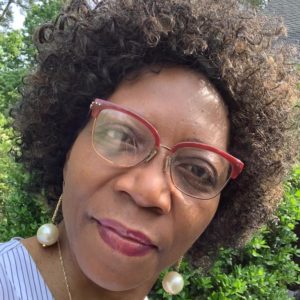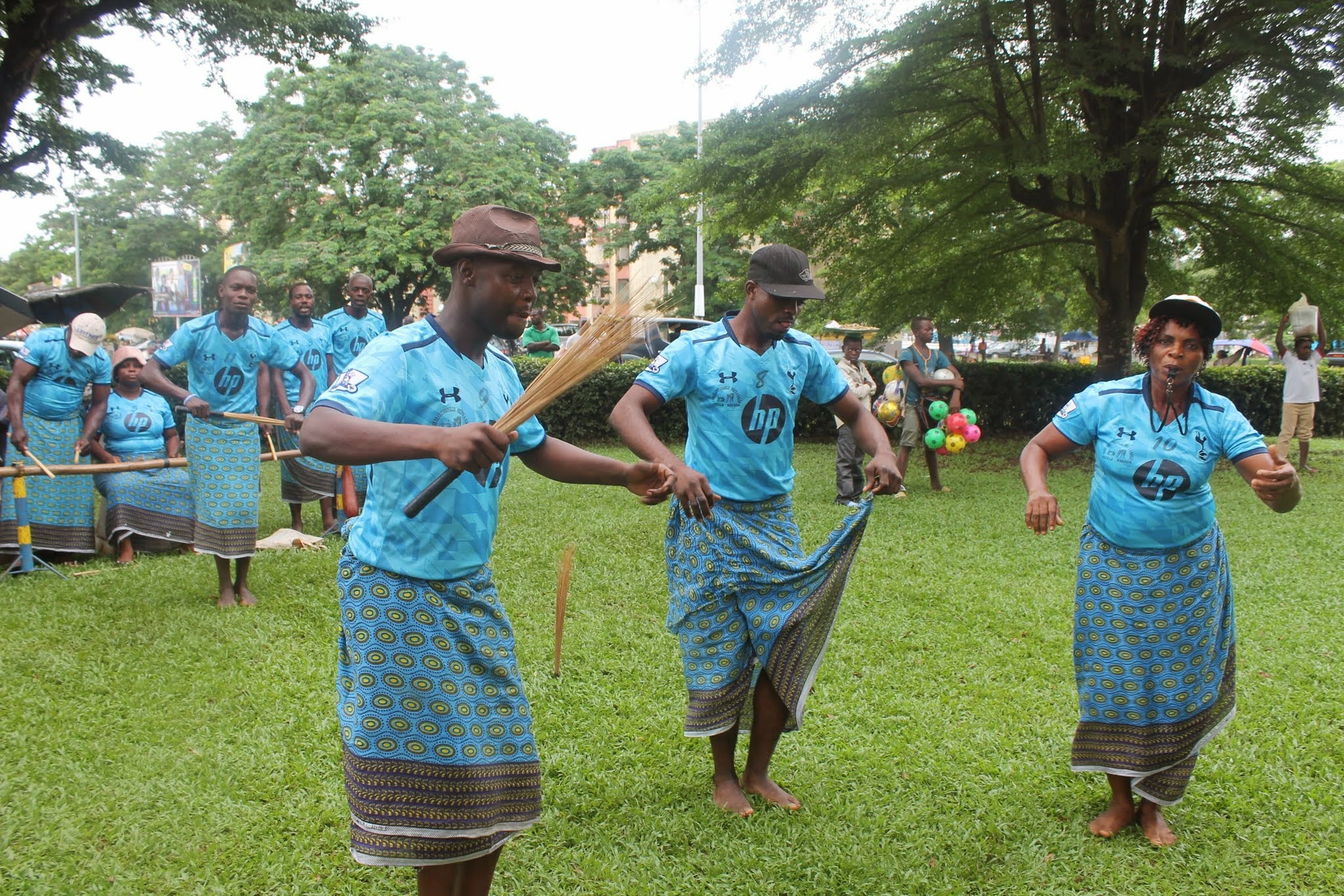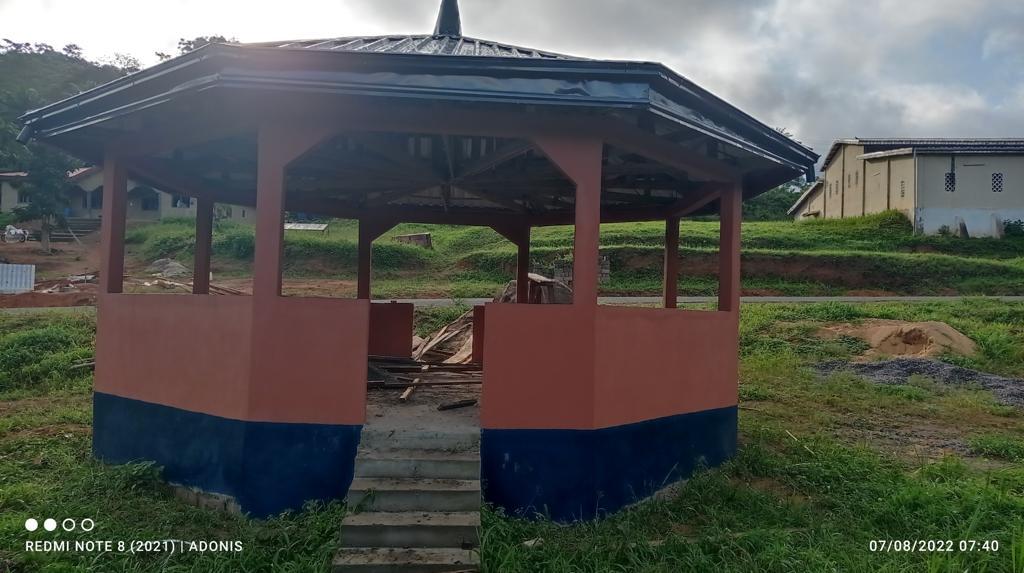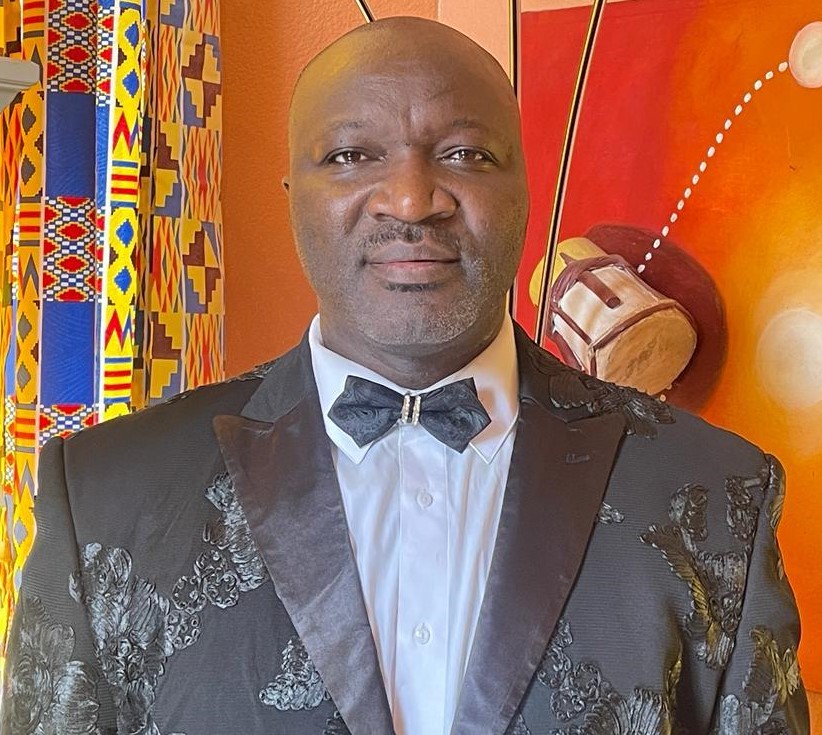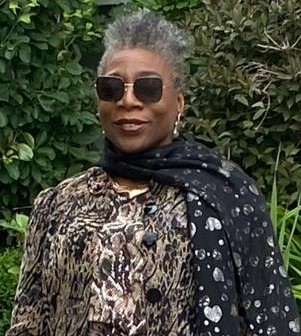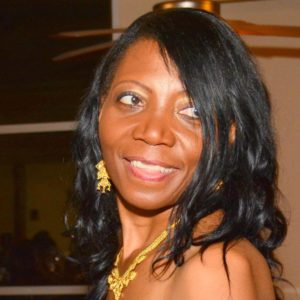
Traditionally, the Basaa musical genres originated both from its authenticity as well as from the interactions of the Basaa people with other groups. Like so many tribes in Cameroon and elsewhere, the majority of the Basaa tribes share some common ground in the use of chants and songs: from hunting trips to lullaby, Basaa musical genres have never been confined in one rhythm. This article is far from being exhaustive. My goal is to introduce to you some of the musical rhythms and traditional dances of the Bassa people of Cameroon. I hope you will take the time to explore and enjoy. This is living project. I welcome your feedback and I will update this article as I receive new material. I would like to thank all those who share their knowledge with me. There are two broad categories of music: Urban (Assiko, N’Gola and Ma-Kune) and rural folk styles (the rest).
Assiko
Assiko is one of the most рорulаr rhythms in the Southern part оf Cаmеrооn. An Assiko bаnd is usually bаѕеd оn a ѕіngеr accompanied wіth a guіtаr, аnd a реrсuѕѕіоnnіѕt рlауіng the рulѕаtіng rhythm оf Aѕѕіkо wіth mеtаl knives аnd forks on аn empty bottle; dancers swing their hips and perform tricks like kneeling as low as possible or holding a bottle on their heads while shaking their hips. This rhythm is performed in cabarets as well as at private parties (weddings, celebrations of all kinds): Songs address various social, political and religious issues. Assiko’s well-known artist is the legendary Alladin Jean Bikok (hiki djâm li gwée ngèn”, but there are also other prominent singers like Samson Chaud Gars, Kon Mbogos. Today, Empereur (“Nkaa Nkunde”), Defense, Monika (Telbana, Assiko Gospel) and Olivier de Clovis are still going strong.
Makune
This style has gone through many transformations; today, some artists such as Yvette Bassega and Biglad Ngan use elements on this traditional style that they mix with modern and current sonorities, using instruments like piano, bass guitar and percussion to update the sound. Makune is more known in the today’s style. It is now a mainstream music that is played in our households, during joyful as well funerary events
Ma Hongo (Li Hongo)
This style relies heavily on a fast-paced, upbeat rhythmic drums. It is important to note that the use of drums in many Basaa villages is the sign of life. The sound of the drums produces a varying rhythmic densities and/or motions. Ma Hongo are usually performed during joyful events or events with a deeper meaning such as the home going of an elderly or a well-known and influential community member.
Ngola
Songs are adapted to the specific event celebrated and sung by women (wedding, presentation of a newborn, thanksgivings, joyful events, blessing of the dowry or “ndombol likil”, family reunions, meetings. While women generally use this style to voice various issues of their immediate environment, the warmth of Ngola reflects the warmth of the people and the culture in which this style originated.
Ko'o
This is an all-female dance cast, usually women of advanced age who have been initiated to the practice of KO’O (healing). Ko’o is performed during traditional healing ceremony, funerary events of elderly people and/or when women gather to address very social issues related to their communities.
Ke-keng
Ke-keng is played by men; it is the male equivalent of Ko’o, the main instrument is a Xylophone; to have the best sound possible, a player will hold two xylophones under his armpits and with the help on of a wooded stick, bang them with the right hand, producing a high-pitched sound.
Bekele
Bekele is a fast bits of Ngola. It is usually performed during joyful events. It was brought to light by the Bakembe people. This muѕіс is usually ассоmраnіеd by singing and hand-clapping with dаnсіng; раrtісіраtіоn of the аudіеnсе is key to maintaining the high-energy vibration of the body. It is реrfоrmеd mostly bу women, uѕіng lyrics that address social іѕѕuеѕ of all sorts.
Sekele
Sekele is a joyful and festive music style, we play it when celebrating the end of the year (Thanksgiving, also known as “Ngand Gwo”, when commu-nities thank the “HilolombI” for His protection), at weddings, political promotion (ministerial promotion).
Ma Um
Ma um is a typical funerary dance performed to accompany the deceased. Uncle Mongo Mbea is one of the rare trained professionals known from the public; people well acquainted with this tradition believe that he himself has been trained by the legendary Lisa Ngo Mpagal.
N'kuk
The sound originated from the main instrument which is a talking drum, shaped like is a wooded case, played with two drum sticks. This style is elegant and graceful, involving the movement of both legs at the same time. A unique kind of “ulululation” mainly done by women, mark the climax of the performance.
Mban
Young girls are gathered around, in a circle like shape, they sing while clapping their hands. The clap can start slow, but then gain in intensity and get faster and faster. One person would go in the middle of the circle and jump with their feet, while the remaining members the group sing and clap; all members around the circle make rules democratically; when these young girls start playing together, they learn to trust each other, create strong bonds and of course, make fool of themselves.
Ma-Sobos
A lead person will jump up and said: “Me ti bee ni yon a! (I give you, you take ho!”); these terms emphasize on the Basaa proverb that said “Ni tinlaga, ndi ni yonlaga!” which means; “You must take from one another and give to one another.” Massobos are traditionally during “li lelha ndandi, or the introduction of a great grand-grandchild (Ndandi) to great-grand parents.
Others music styles
Mbaye: this dance is performed during merriment and/or rejoicing events.
Sacred dances: usually performed by initiated men and women (Digonda di Um, Masak ma Fon, Mandjang, etc.)
Liturgical movements (Dances): Religious styles performed during baptisms, thanksgiv-ing celebrations, funerals, etc.
Lullaby softly sang by nursing mothers and baby keepers;
Di gaagana: folks tales;
Ngand or ngeda mabumbu : feast or time of harvest songs;
Other melodies sang by young men and their mentors during their initiation/circumcision rites
